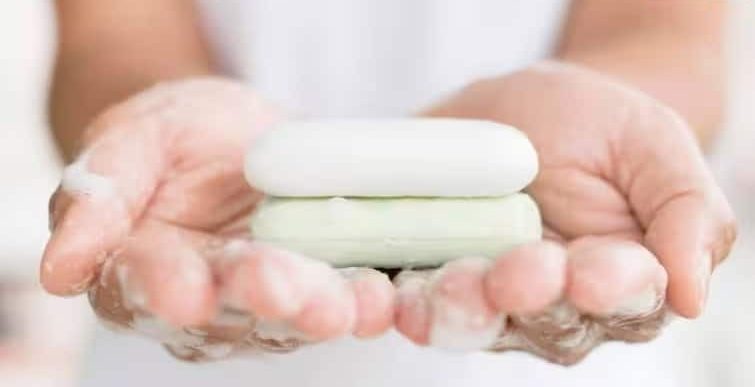
In most homes the entire family bathes with the same soap. Whether someone is sick or healthy, the same soap is used for everyone. Many people fear that using the same soap can spread the infection from one body to another. That is why there are some people who do not share their bathing soap. According to health experts, the soap we share with each other while bathing can lead to the growth of bacteria like coli, salmonella and shigella. But is there a fear of spreading the disease?
A bar of soap contains serious bacteria
There are serious bacteria associated with soap scum. According to the 'Indian Journal of Dental Research', 2-5 different types of bacteria accumulate on soap during April-June 2006. According to a hospital study in 2015 in the American Journal of Infection Control, 62 percent of soaps were found to be contaminated. Whereas 3 percent liquid soaps were dirty. The bacteria hidden in soap spread from one person to another.
What was found in the research
According to health experts, the bacteria found on soap include E.coli, Salmonella and Shigella bacteria which cause viruses like norovirus, rotavirus and staph. These bacteria and viruses also start spreading due to wounds on the body or scratches on the skin. According to researchers, bacteria grow on soap. But they spread disease from one body to another. According to The New York Times, according to a report published in 1965, during an experiment they observed that there were about 5 billion bacteria on the hands. These bacteria are Staph and E. Causes diseases like E. coli.
How do bacteria get on soap?
According to health experts, E.coli, Salmonella and Shigella bacteria may be present on the soap. Apart from this, viruses like norovirus, rotavirus and staph can also be present on soap. If someone gets a cut or scratch, using one soap can spread bacteria to another soap. In such a situation, you should think before using soap.
Can soap spread disease?
Although bacteria are present on soap, researchers have not yet determined whether soap spreads the disease. In a study conducted in 1965, hands full of bacteria were washed with soap, then a second person washed their hands with the same soap, but the bacteria from the first person did not reach him. Therefore soap cannot spread disease.
Risk of infection from soap
Although using soap seems safe, the infection can spread if another person uses the same soap. A 2008 study in the US showed that an infection called methicillin-resistant Staphylococcus aureus (MRSA) could be spread through soap. This is an antibiotic-resistant staph infection. This is why people are advised not to use soap.
 look news india
look news india